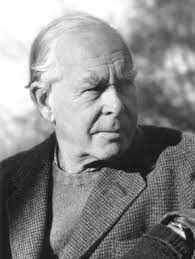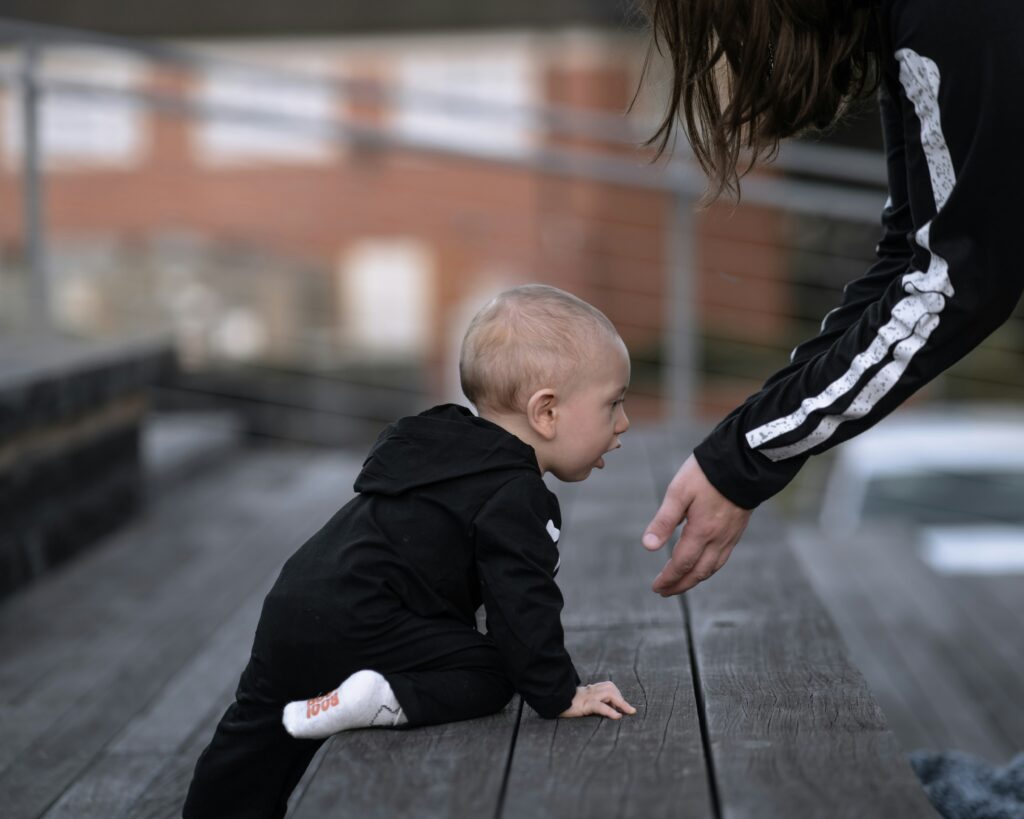Attachment as an Antidote to Uncertainty
John Bowlby, the father of attachment theory, wrote a seminal paper early in his career titled “Forty-four Juvenile Thieves: Their Characters and Their Home-Life.” It is a remarkable initial work that explains the roots of attachment loss. Bowlby does not suggest that it is only the loss of a maternal figure that leads to conduct problems like thievery. Rather, it is the absence of a replacement or the constant change of caregivers that results in future issues. Uncertainty is the core problem. And we all need skills for coping with uncertainty.

None of us likes uncertainty. In my practice right now, I hear about it frequently. Fear and uncertainty are everywhere. Finances are shaky, and family and friendship connections are threatened. Social institutions like the church and school are feeling less stable. The list could go on, but we seem to be facing a tsunami of uncertainty. So, how do we manage?
Let’s begin by acknowledging that uncertainty is an inherent part of human existence from which we cannot completely escape. If we try to control our lives so tightly that we eliminate uncertainty, that level of control will create a whole new set of problems, and we will soon discover how inadequate we truly are at managing all the unexpected challenges and inconveniences that life presents.
What can we hold on to in stormy seas? If the waves are inevitable, how can we find some footing? I have two ideas to help us.
Who is your anchor?
In John Bowlby’s attachment theory, the need for children to have a “secure base” is postulated. This secure base is often a person (typically the mother) to whom the child can return when the world seems scary or insecure. You can witness this behavior at the micro-level when observing a young toddler learning to crawl or walk away from their mom at home. The child will take some steps and explore across the room, but as uncertainty sets in or they injure themselves, the child will turn and move towards their parent for security and reassurance.

We carry the concept of secure bases or anchors into adulthood. These often become spouses, but they can also be mentors or close friends. They are individuals we deeply trust and turn to when we need reassurance and support.
Who is your anchor? Are you turning to them in your uncertainty? Seek them out and spend time together. Use this time to find peace in what you know to be true, specifically by reminding yourself of this person’s love and support for you.
What values or truths guide you?
Bowlby also postulated that in these earliest relationships, we develop beliefs about ourselves and our connections to others. These truths sustain us during moments of disconnection from our secure relationships. They affirm that we will be alright, that we have resources, and that we possess the skills or abilities to cope with and solve difficult challenges.
We learn from our closest relationships. Some of you may not have experienced the healthiest parenting relationships early in life. This may have contributed to a series of unhealthy relationships in your adult life. I have often found in my work that even in those traumas and hurtful relationships, we can usually point to at least one healthy person who served as an anchor for us- someone who showed us genuine love. If you know that person and can still have contact with them, then reconnect. If you cannot connect with that person, find someone who closely resembles their values and build a connection with them. Remind yourselves of the most important things, and most importantly, of love.
Pope Francis passed away in April 2025. He shared many nuggets of wisdom during his years of service, but one about marriage seems particularly fitting for this conversation. Here is the quote from his message to engaged couples from February 2014.

“Living together is an art, a patient, beautiful, fascinating journey. It does not end once you have won each other’s love… Rather, it is precisely there where it begins! This journey of every day has a few rules that can be summed up in three phrases which you already said, phrases which I have already repeated many times to families, and which you have already learned to use among yourselves: ‘May I’ — that is, ‘can I’, …’thank you’, and ‘I’m sorry’.”
Can you see it from this quote? The simplest values—asking permission, expressing gratitude, and admitting mistakes- are small things we learn from our earliest relationships. In these small acts, we experience safety, respect, security, and ultimately love.
“There is no fear in love, but perfect love casts out fear…” I John 4:18 (NRSVUE).
Leave a Reply